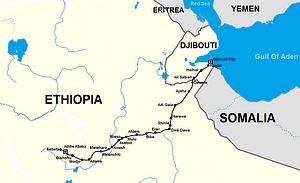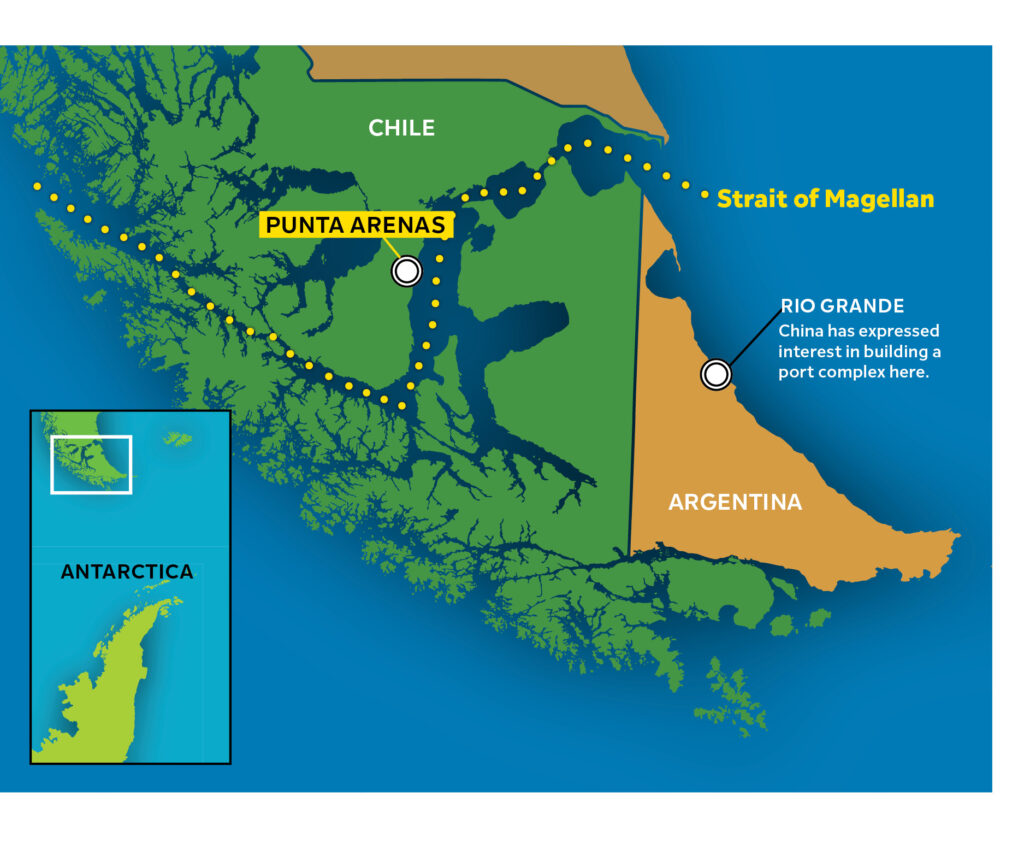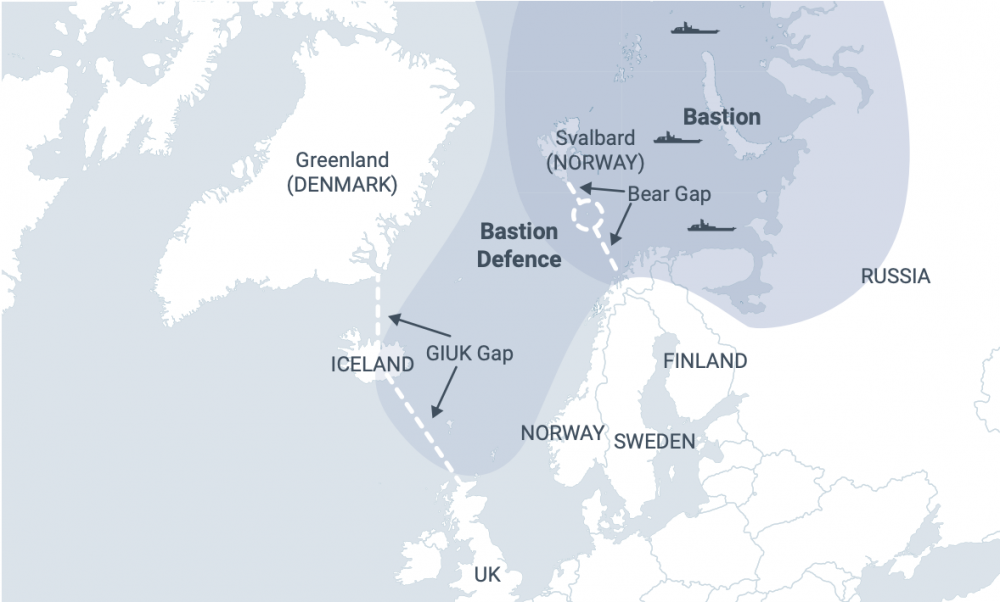From The Barents Observer, September 10:
China’s Polar Research Institute agrees to prepare joint Arctic scientific projects with Russian partners. This became clear during a recent visit to Barentsburg on Svalbard.
The Chinese delegation came to the Russian settlement on Svalbard in late August. Here, Arktikugol director Ildar Neverov presented Russia’s plans to establish a scientific centre in Pyramiden. Moscow hopes to attract researchers from BRICS+ countries to team up for science and education at a new centre that yet has to be built.
Professor Marc Lanteigne with UiT - Arctic University of Norway in Tromsø is expert on China’s Arctic interests. He believes Svalbard will become even more important for Bejing under the current geopolitical global power tensions.
“With Chinese research interests being curtailed elsewhere, including in Canada and Greenland, Svalbard is growing in importance for Chinese polar researchers,” Lanteigne says to the Barents Observer.
The professor is one few academics based in northern Norway that speaks mandarin. In Ny-Ålesund on Svalbard, where China for 20 years has operated its Arctic Yellow River Station, Marc Lanteigne easily finds topics of shared interest to discuss.
The station is crewed with scientists from the Shanghai-based Polar Research Institute of China (PRIC).
Lanteigne says China has a growing concern that Norway is seeking to expand its oversight of research activities on Svalbard.
“Beijing is especially critical of Norwegian protocols which call for research on the archipelago to be restricted to natural science,” Lanteigne explains....
....MUCH MORE, the writers go deep on what could very well turn out to be a geopolitical flashpoint.
We've mentioned China's proclivity for establishing bases on international maritime chokepoints: the billion dollar bridge over the Panama Canal, the giant battery factories in Morocco - the eastern approaches to the Strait of Gibralter.
The most amazing thing that has been pointed out over the last couple months is that China's base on Djibouti's Gulf of Aden coast, at the approaches to the Bab al-Mandab chokepoint into the Red Sea, gives them the perfect location to monitor Houthi action and American reaction:

—China Officially Sets Up Its First Overseas Base in Djibouti, The Diplomat
Also the Suez Canal itself: ""China & Egypt Strengthen Belt And Road Collaborations Including The Suez Canal International Logistics Zone"
I'm beginning to see a pattern here.*
And April 2024 Why the U.S. and China Suddenly Care About a Port in Southern Chile":

The Bering Strait between the Russian far east and Alaska and South Africa are on a gentle simmer and back to Svalbard, one look at the map shows the attraction. Also from the Barents Observer, this time in 2021:
Geopolitics: "Moscow aims to enhance presence in Svalbard as part of hybrid-strategy, expert warns"
....Military speaking, Svalbard is of great strategical importance, located between the Barents-, Greenland-, and Norwegian Seas. The one controlling Svalbard is also likely to control the important gateway from the shallow Barents Sea to the deeper North Atlantic.
For Russia’s Northern Fleet, the so-called Bear Island Gap between mainland Norway and the archipelago’s southernmost island is key to conducting sea denial operations in and over the maritime areas further south, potentially threatening NATO’s transatlantic sea lines of communication.

"China’s Emerging Strategies in the Arctic"
"China’s Polar Strategy: An Emerging Gray Zone?"
"Pentagon warns of risk of Chinese submarines in the Arctic"
"Don't Fear China's Arctic Takeover"
"How To Avoid A Naval Cold War In The High North"
Natural Gas: "Chinese oilmen make big discovery in Russian Arctic waters"
"China opens bids for first nuclear-powered icebreaker"
China seeks a more active role in the Arctic
China defines itself as a near-Arctic state and says it will actively participate with wisdom and strength to future protection and development. Roger that, wisdom and strength, over.Flashback, June 2018:
...On the other hand, if you read Xinhua's translation of January's "Full text: China's Arctic Policy" you'll note they call themselves a ‘Near-Arctic state’.Additionally China is couching their interest in terms of research:
This is to counter people like me using the 'non-polar' or 'non-Arctic' phrasing.
States from outside the Arctic region do not have territorial sovereignty in the Arctic, but they do have rights in respect of scientific research, navigation, overflight, fishing, laying of submarine cables and pipelines in the high seas and other relevant sea areas in the Arctic Ocean, and rights to resource exploration and exploitation in the Area, pursuant to treaties such as UNCLOS and general international law. In addition, Contracting Parties to the Spitsbergen Treaty enjoy the liberty of access and entry to certain areas of the Arctic, the right under conditions of equality and, in accordance with law, to the exercise and practice of scientific research, production and commercial activities such as hunting, fishing, and mining in these areas....